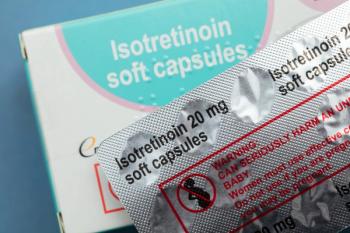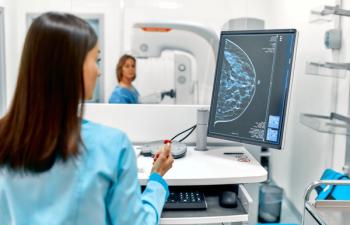
Hemorrhagic Stroke Could Lead to Depression, Dementia
Sixty-three percent of study participants developed both depression and dementia.
Patients who have experienced a severe brain bleed were observed to have a substantially higher risk of developing depression and dementia later in life, according to a study presented at the American Stroke Association’s International Stroke Conference.
Intracerebral hemorrhage is the most lethal form of
“Our study changes the way we look at depression after a hemorrhagic stroke,” said lead author Alessandro Biffi, MD. “Depression is not just an isolated phenomenon following a hemorrhagic stroke. It may identify those who are likely to develop dementia, and this is important when these patients are evaluated, particularly in outpatient care settings.”
Included in the study were 695 patients who experienced an intracerebral hemorrhage with no history of depression. The study participants were 50% women, 75% white, and had 1 or more cardiovascular and cerebrovascular risk factors, including hypertension, diabetes, or hyperlipidemia.
Patients were surveyed over the phone every 6 months for 5 years. The investigators inquired about mood, anxiety, and cognitive function to determine onset of depression and dementia.
The study authors found that 40% of participants developed depression during the first 50 months after experiencing a stroke, according to the study. Depression development in these patients was approximately 7% per year, which is higher than the general population.
Risk factors that are linked to experiencing another stroke, such as low education levels, diseased white matter of the brain, and a variant of the apolipoprotein E gene, were also predictive of depression, according to the presentation.
Patients who developed depression post-stroke were also more likely to develop dementia later in the study. Approximately 63% of patients who developed depression went on to develop dementia.
Among patients diagnosed with both conditions, 80% were diagnosed with depression prior to dementia onset, according to the study. The investigators found that the time from diagnosis with depression to dementia was an average of 18 months.
These findings suggest that physicians and family members should be fully aware of the signs of depression and dementia to ensure that patients who have experienced a hemorrhagic stroke receive the proper care.
“When caring for hemorrhagic stroke patients, healthcare providers tend to focus on preventing another stroke,” Dr Biffi said. “We have found that even among patients who do not have a second stroke, the incidence of depression and subsequently dementia are very high, and healthcare providers need to be on the lookout for it in order to counsel patients and families.”
Newsletter
Stay informed on drug updates, treatment guidelines, and pharmacy practice trends—subscribe to Pharmacy Times for weekly clinical insights.







































